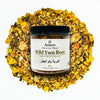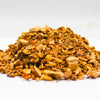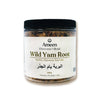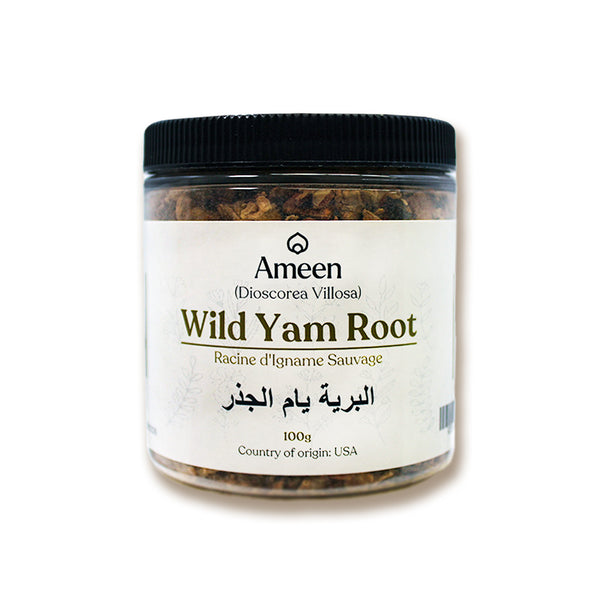Wild Yam Root (Dioscorea villosa) is a native North American plant, prized for its hardy, tuberous roots and longstanding use in traditional herbal and culinary practices. Recognized for its rough, bark-like exterior and earthy, subtly sweet flavor, Wild Yam Root has been integrated into a variety of applications, ranging from botanical preparations to niche culinary creations.
Culinary & Herbal Uses
Flavor & Texture
- Earthy, mildly sweet, and slightly starchy.
- Tuberous texture, comparable to other root vegetables.
Common Applications
- Soups & Stews: Used in select regional dishes to add depth and richness.
- Powdered Form: Utilized as a flavoring agent or in botanical infusions.
- Extracts & Herbal Preparations: Occasionally found in food products and beverages.
Beyond the Kitchen
Wild Yam Root is also valued for its botanical significance:
- Traditional Herbal Use: An integral part of Indigenous and folk practices.
- Versatile Preparation: Available as whole, powdered, or in extracts.
- Natural Ingredient: Used in various wellness-focused products.
Why Choose Wild Yam Root?
- Naturally Nutritious: A rich source of plant-based compounds.
- Multifunctional Ingredient: Suitable for both culinary and botanical applications.
- Time-Honored Use: A key component in traditional herbal practices.
Botanical & Cultural Significance
Botanical Name: Dioscorea villosa
Common Names:
- English: Wild Yam, Colic Root, Devil's Bones, Rheumatism Root
- French: Igname Sauvage, Racine de Colique
- Spanish: Ñame Silvestre, Raíz de Colic
- Other: Four-Leaf Yam, Atlantic Yam, Mexican Wild Yam, Chinese Yam, Dioscorea





